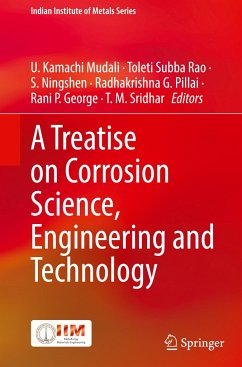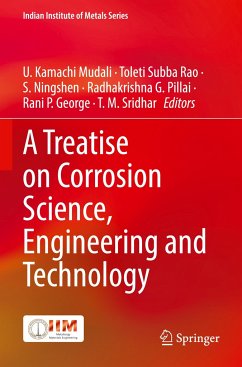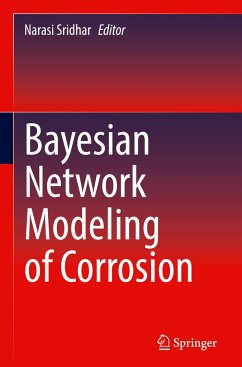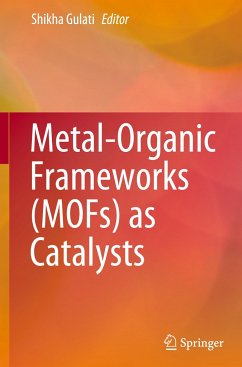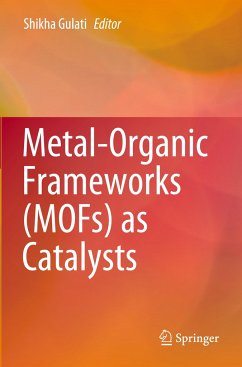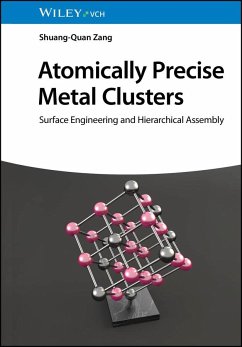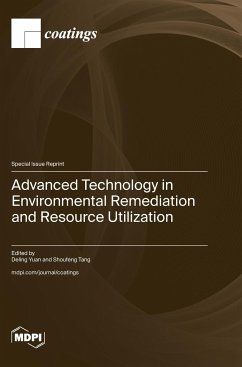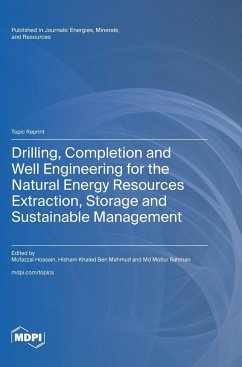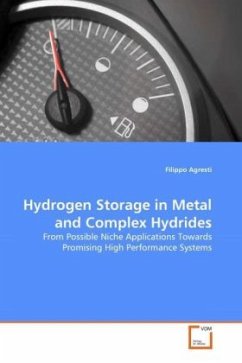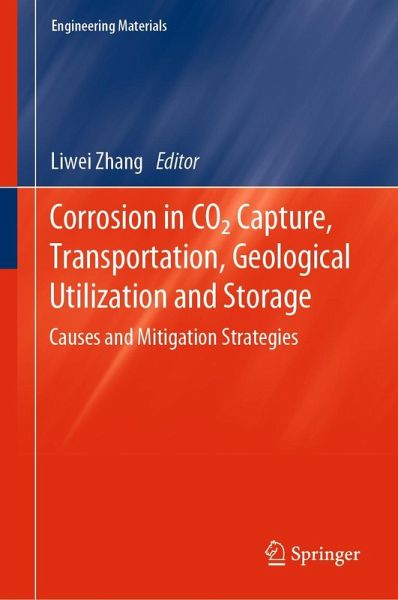
Corrosion in CO2 Capture, Transportation, Geological Utilization and Storage
Causes and Mitigation Strategies
Herausgegeben: Zhang, Liwei

PAYBACK Punkte
68 °P sammeln!
This book systematically discusses the operational stages with high risk of CO2-induced corrosion in CCUS projects, and related measures for corrosion control. CO2 capture, utilization, and storage (CCUS) is a key technology to mitigate climate change and substantially reduce greenhouse gas emissions from fossil fuels. CCUS deals with high concentration CO2, which is very corrosive in a humid environment. Therefore, it is very important to characterize, monitor, and mitigate CO2-induced corrosion in all processes of the CCUS operation chain. Some corrosion control techniques included in this b...
This book systematically discusses the operational stages with high risk of CO2-induced corrosion in CCUS projects, and related measures for corrosion control. CO2 capture, utilization, and storage (CCUS) is a key technology to mitigate climate change and substantially reduce greenhouse gas emissions from fossil fuels. CCUS deals with high concentration CO2, which is very corrosive in a humid environment. Therefore, it is very important to characterize, monitor, and mitigate CO2-induced corrosion in all processes of the CCUS operation chain. Some corrosion control techniques included in this book (e.g., CO2-resisting wellbore cement additives) are beneficial for corrosion control research and engineering practices. This book belongs to the field of corrosion science and engineering, and the expected readership is researchers and engineers working on CCUS.



